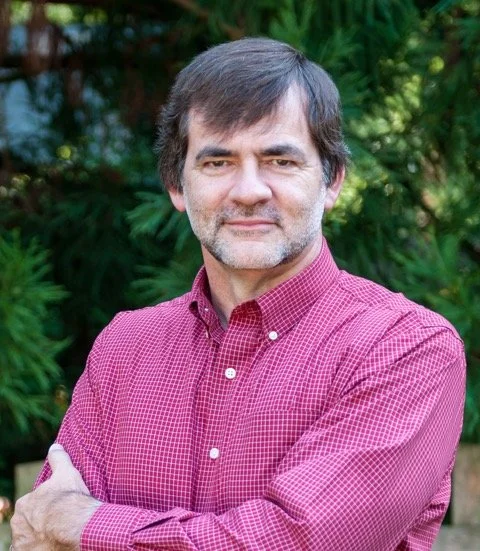Join us for an evening in Chapel Hill with psychiatrist and award-winning author, Curt Thompson, MD.
Dr. Thompson will be speaking on themes from his two most recent acclaimed books, The Soul of Shame: Retelling the Stories We Believe About Ourselves and The Soul of Desire: Discovering the Neuroscience of Longing, Beauty, and Community.
Dr. Thompson suggests that underneath all our longings is the desire to be known - and what's more, that this fundamental yearning manifests itself in our deep need to make things of beauty, revealing who we are to others. Desire and beauty go hand in hand.
But both our craving to be known and our ability to create beauty have been marred by trauma and shame, collapsing our imagination for what God has for us and blinding us to the possibility that beauty could ever emerge from our ashes. Drawing on his work in interpersonal neurobiology and clinical practice, Thompson presents a powerful picture of the capacity of the believing community to reshape our imaginations, hold our desires and griefs together, and invite us into the beauty of God's presence
We are grateful to partner with Trinity School of Durham and Chapel Hill to host Dr. Thompson in the Triangle. Dr. Thompson will also be speaking at Trinity School the evening of 3/30.
Art Exhibit
In conjunction with this speaking event, the Study Center is hosting an art exhibit with local painter Emily Merrywhether. Click here for more details.
Speaker Bio: Dr. Curt Thompson is a psychiatrist, author, and speaker who specializes in connecting our intrinsic desire to be known with our need to tell truer stories about ourselves — showing us how to form deep relationships, discover meaning, and live integrated, creative lives.
Curt is Board Certified by the American Board of Psychiatry and Neurology. He graduated from Wright State University School of Medicine and completed his psychiatric residency at Temple University Hospital. Curt Thompson’s books The Soul of Desire, Anatomy of the Soul, and The Soul of Shame speak to the innermost desires of our hearts and souls, bringing together a dialect of interpersonal neurobiology and a Christian anthropology to uncover the key to living life fully: being known. To do that, we need genuine relationships, which can only be found when we tell the whole truth about who we are to ourselves and others (biography from Trinity Forum)


